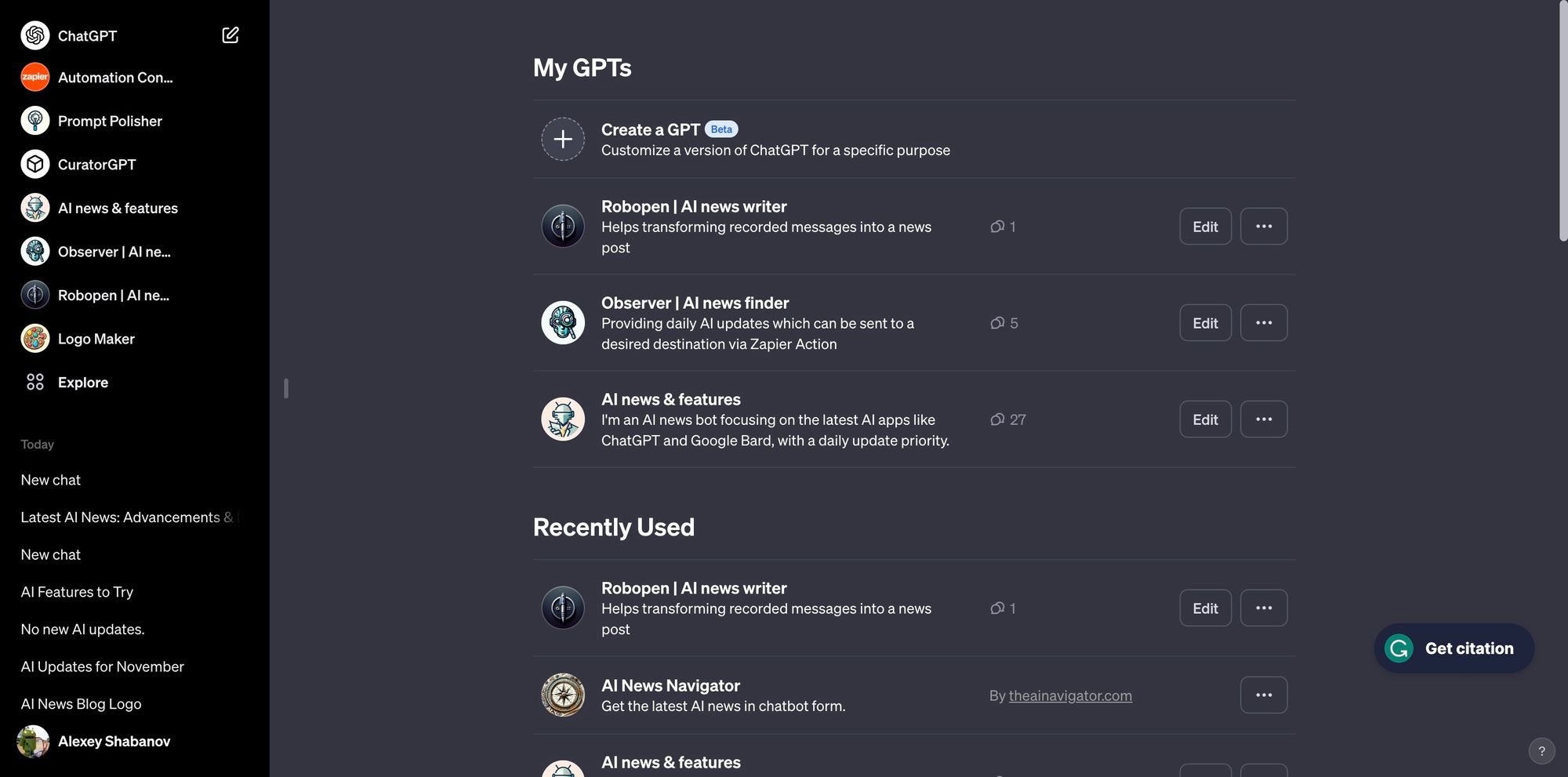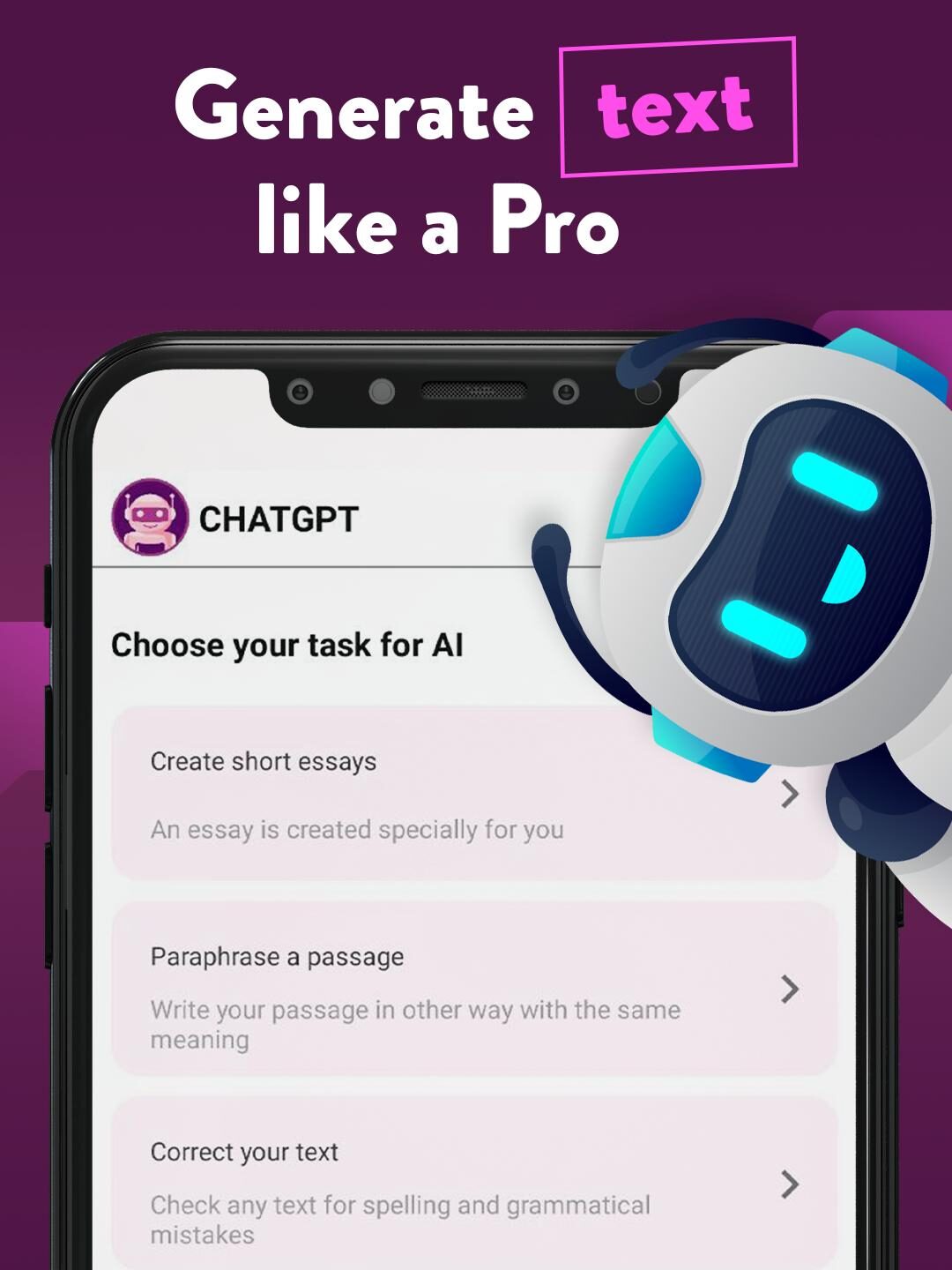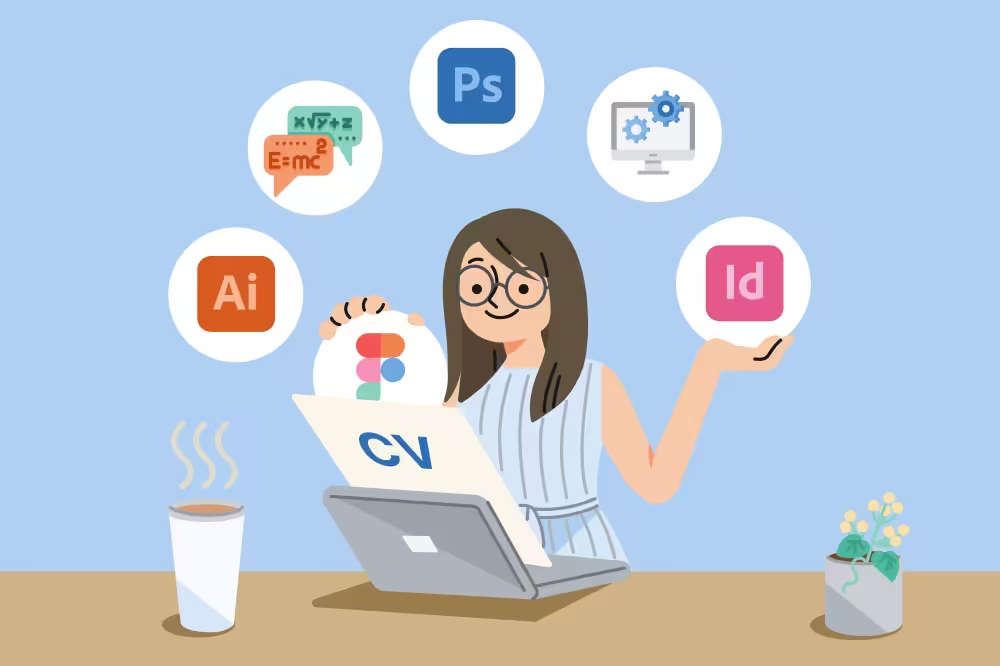3 Game-Changing ChatGPT Settings You Must Enable to Maximize Productivity and Get the Most Out of AI-Powered Efficiency Tools
Introduction
ChatGPT is an incredible tool for boosting productivity, but did you know that a few simple setting tweaks can take your experience to the next level? Whether you’re using it for work, study, or daily tasks, optimizing ChatGPT’s settings can make your AI interactions smoother, faster, and more tailored to your needs.
In this guide, we’ll walk you through three essential ChatGPT settings that can significantly improve efficiency. By the end, you’ll be leveraging AI like a pro!
Why ChatGPT Productivity Matters
AI as a Productivity Powerhouse
AI is no longer a futuristic concept—it’s here, and it’s revolutionizing the way we work. ChatGPT, in particular, is a game-changer for tasks like:
- Writing and editing content
- Brainstorming ideas
- Summarizing information
- Automating customer support
The Common Challenges
However, many users struggle with ChatGPT’s default responses. Sometimes, the output is too generic, too creative, or just not quite what you expected. That’s why adjusting key settings is crucial.
Essential Settings for ChatGPT Productivity
1. Custom Instructions – Personalizing ChatGPT for Your Needs
One of the most powerful yet underutilized features of ChatGPT is Custom Instructions. This allows you to tweak the AI’s behavior according to your preferences.
How to Enable Custom Instructions
- Open ChatGPT and go to Settings.
- Select Custom Instructions.
- Fill in details about how you want ChatGPT to respond and what it should know about you.
Best Practices for Customization
- If you need formal responses, specify that.
- If you prefer brief answers, indicate a word limit.
- Define the type of tasks you frequently perform.
Learn more about Custom Instructions
2. Unlocking the Power of GPTs: A Smarter Way to Use ChatGPT

A quick click on my profile image and selecting “Explore GPTs” opens up a world of specialized chatbots—many of which are created by companies and the wider ChatGPT community. Since new GPTs are frequently added to the GPT Store, I make it a habit to check in regularly. You never know when you might find something incredibly useful.
Take travel planning, for instance. If I’m looking to book a holiday, the Expedia GPT is a great tool—it suggests hotels, recommends activities, and provides direct booking links, all in one place. When applying for jobs, the Cover Letter GPT comes in handy, allowing me to upload my resume and a job description to generate a polished, tailored application.
The range of GPTs available is impressive. Whether it’s Code Copilot GPT, which feels like having a programming expert by your side, or Canva GPT, which helps with designing logos and marketing materials, there’s a GPT for nearly every need. And the best part? They’re incredibly easy to install and start using.
By spending just a few extra minutes setting up the right GPT before diving into a ChatGPT session, you can streamline tasks, enhance productivity, and create a more personalized experience—without constantly re-prompting the chatbot or sharing sensitive data.
If you haven’t explored GPTs yet, it’s definitely worth a try. You might just find a new favorite tool to simplify your workflow.
3. Memory Features – Making ChatGPT Smarter Over Time

Memory settings help ChatGPT recall past interactions, making it smarter over time.
Benefits of Memory
- Saves time by remembering your preferences
- Improves personalized recommendations
- Makes conversations feel more natural
Privacy Considerations
If you’re concerned about data privacy, OpenAI allows users to manage what ChatGPT remembers. Always review your stored data periodically.
More on ChatGPT memory settings
Bonus Tips for Maximizing ChatGPT’s Efficiency
Using Plugins and Integrations
ChatGPT can be integrated with tools like Zapier, Notion, and Google Docs to automate tasks.
Keyboard Shortcuts & Prompt Engineering Hacks
- Use Cmd + Shift + P to regenerate a response quickly.
- Structure your prompts properly: “Act as a [Role] and answer this…” for better responses.
Avoiding Common Pitfalls
- Don’t over-rely on AI—use it as a tool, not a replacement for critical thinking.
- Always verify important information from multiple sources.
Real-World Use Cases
Professionals in marketing, tech, and education are using these settings to save time and improve efficiency. Companies are also integrating ChatGPT into customer support and content creation workflows.
Conclusion
Optimizing ChatGPT’s settings can dramatically improve its productivity. Whether you’re tweaking Custom Instructions, Exploring GPT, or Memory, these changes ensure AI works for you, not against you. Try these settings today and experience the difference!
Read Also How Can I Generate Ghibli images on ChatGPT-4o?: Step-by-step guide
FAQs
1. How can I make ChatGPT remember my preferences?
Use Custom Instructions and enable Memory (if available).
2. Are there risks in using custom instructions?
Not really, but avoid sharing sensitive information.
3. Can I integrate ChatGPT with my workflow tools?
Yes! Use Zapier, Notion, and Google Docs for seamless productivity.
4. How do I ensure ChatGPT provides accurate responses?
Keep the temperature setting low and verify information from reliable sources.




